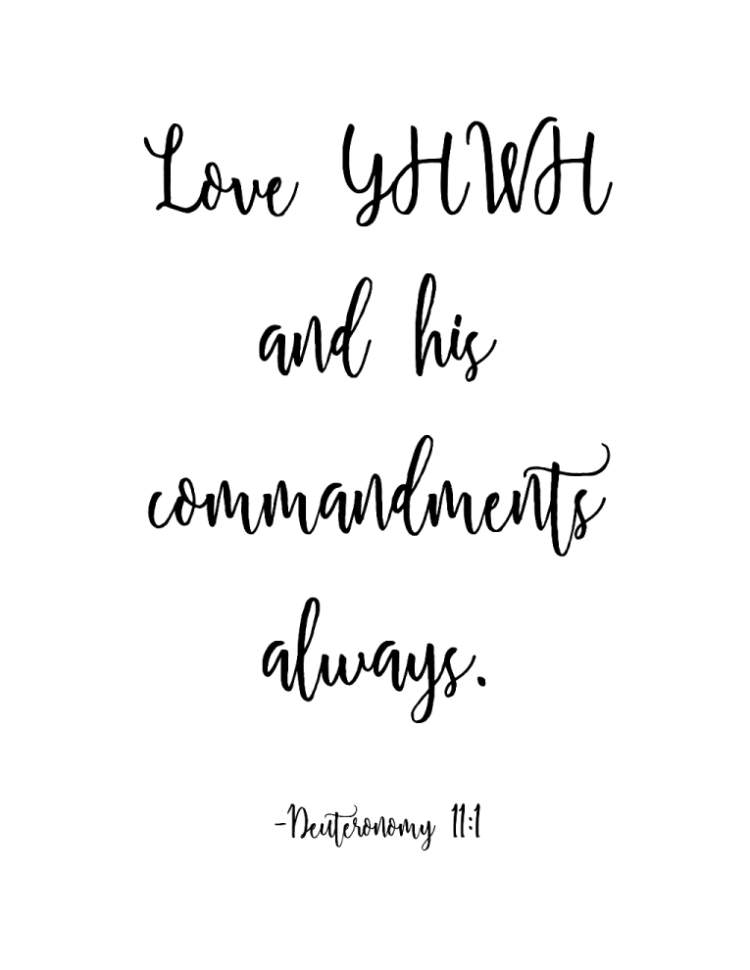Who is the evil dragon waging war against in the book of Revelation?
This post will explain the attributes of who the dragon raged against, and help us understand the identity of this woman.
"And the dragon was enraged with the woman, and he went to make war with the rest of her offspring, those who keep the commandments and have the testimony of Yahusha." -Revelation 12:17
This people group is defined in two ways:
-as having the testimony of the Messiah
-as keeping the commandments
Why is this significant? Because here is another New Testament passage where followers of the Messiah are keeping Biblical law...and the forces of evil hate this! It's not the kingdom of Heaven waging war against this group; it's the Dragon, the most blatantly evil being in Scripture. This leader of darkness does not like when believers in the Messiah also keep the commandments. This should draw our attention that something very powerful happens when we put the word of God into practice!
The testimony of Messiah is the most important thing in this world. I am not discounting his life or sacrifice, but we need to see that the Dragon is not waging war against all the people who know the Messiah or that identify as saved or Christian or Bible believing, etc. Believing in the Messiah is a wonderful starting point, but the Dragon won't be waging war against you unless you start keeping the commandments of Scripture as well.
On the surface, this can seem like an easy way to avoid persecution. Just don't keep the commandments and all will be good, right? But in Matthew 5:12 we are told to rejoice when we are persecuted! Not because it is pleasant, but because it is better to be persecuted for the sake of the kingdom of Heaven than it is to be honored and praised for works of darkness. For those that the book of Revelation speaks of, this persecution is the surest sign that they are on the right track.
Keep in mind that in addition to foretelling the last battle of good versus evil at the end of days, Revelation was the last book of the Bible to be written. When John had these visions, it was decades after the Messiah had ascended into Heaven. Most, or possibly all, of the original Disciples were dead, and the writings of Paul were completed. And angels were speaking to John that YHWH's people would be keeping his commands! This wasn't talking about before the Messiah's day when it was a given that Biblical law would be followed. Many pastors would tell you that Biblical law was done away with when the Messiah ascended, but here, decades later, John didn't believe that to be the case.
The Dragon hates when those who follow the Messiah also keep the commandments, and the Dragon hates what YHWH loves. Keeping Biblical law is so important to the Creator that the forces of evil actively work to stop it. If believers today don't keep the commands, are they aligning with the Dragon's side or the King's?
Note: This is not to say that those who don't keep the commandments and have the testimony of the Messiah will have it easy. If you are in a war zone, things are going to be hard. In wartime, even collaborators suffer. But it's very different to be a bystander to war than having war waged on you.
More posts to understand Scripture:
What You Need to Know When You Read Galatians
Did the Messiah Break Biblical Law?
The Two Houses: Israel and Judah in Scripture
.jpg)






.PNG)
.PNG)













.JPG)

